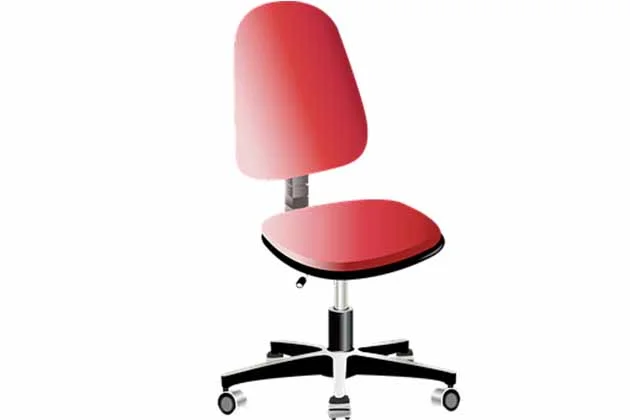Employers are fully responsible for creating a safe and stress-free workplace for their employees. The workplace should be designed to minimize stressful situations and dangerous situations. There are several things employers can do to ensure that their employees feel safe and stress-free at work. The most important thing is to create a safe working environment. This includes minimizing potential hazards and providing safety equipment when needed.
Tips To Ensure A Safe and Stress-Free Workplace:
Here are some more tips on how to create a safe and stress-free workplace, from an employer’s stand-point:
1. Offer HIPAA Training Program
The HIPAA training program ensures that all employees know the healthcare privacy act. This act protects all medical information, including diagnosis, treatment, and payment information, creating a safe work environment for everyone. Employees must be cautious about sharing or discussing sensitive medical information at work or outside of work. Ensure they get training from a reputable institution to have official HIPAA certification that they are compliant with the healthcare privacy act. This will teach them how to protect confidential information and avoid potential breaches.
2. Implement A Drug-Free Workplace Policy
A drug-free workplace policy is important to create a safe and healthy work environment for all employees. This policy prohibits employees from bringing drugs, alcohol, or any controlled substance to work. It also prohibits employees from working under the influence of drugs or alcohol. This policy is enforced through random drug testing, and disciplinary action may be taken against those who violate the drug-free workplace policy.
3. Encourage Employee Communication
Employees should feel comfortable communicating with their employer if they feel stressed or unsafe at work. Employers should create an environment where employees feel comfortable talking openly about their concerns and issues. Employees who feel safe and stress-free are more productive and have fewer sick days. For instance, allowing casual dress on Fridays, providing free coffee and other refreshments will keep your staff happy and relaxed throughout the day. An ideal workplace should focus on productivity and the overall well-being of its workers, making them contribute towards their full potential.
4. Offer Flexible Work Hours
Having flexible work hours and working from home occasionally or telecommuting is important to reduce stress levels. It is equally important to ensure that employees are not taking advantage of this policy and using it only for one-off situations when their family requires them. Employees who do not have family commitments can be asked to come into work early or stay late if necessary.
Employers should also offer additional benefits such as paid parental leave for new mothers or fathers, medical coverage for employees’ spouses, and discounts on company products and services. These things will let your employees know you care about them as more than just a resource at work, keeping them happy and motivated during their time with you instead of focusing only on their salaries.
5. Implement ergonomic workstations
Ergonomic workstations are important to reduce the risk of injuries at work. It includes adjustable desks, chairs and monitor stands depending on the height of an individual. These ergonomic workstations help employees avoid potential back pain, tendonitis, and carpal tunnel syndrome. Your primary focus should be to keep your employees safe and happy at their workplace; they will, in turn, contribute towards business growth with their full dedication and hard work.
6. Provide Stress-Relief Activities Outside Office Hours
Employers can provide stress-relief activities outside of office hours. This can include on-site yoga classes, meditation sessions, or chair massages. Employees can also take short breaks during the day to relax and rejuvenate. Taking a break away from work helps reduce stress levels and promotes a healthy work/life balance. Employees who participate in these activities feel more relaxed and less stressed. This will help them focus better at work and avoid any potential burnout.
7. Promote Good Health
Employers should promote good health to ensure a safe and stress-free workplace for all their employees. This can include having on-site gym facilities, healthy snacks in vending machines, or lunchrooms with water dispensers. Employers should also provide time for breaks during the day to exercise or go outside if they wish to have some fresh air. Eating healthy is also important, so vending machines should not be filled with junk food but instead stocked with more nutritious items such as nuts and dried fruit.
Stress can negatively affect employees’ productivity, work-life balance, and mental and physical health. Employers need to ensure that their employees feel safe and stress-free at work. By creating a safe working environment, promoting a healthy work-life balance, and offering flexible working arrangements, employers can go a long way in ensuring that their employees have a safe and stress-free workplace.











